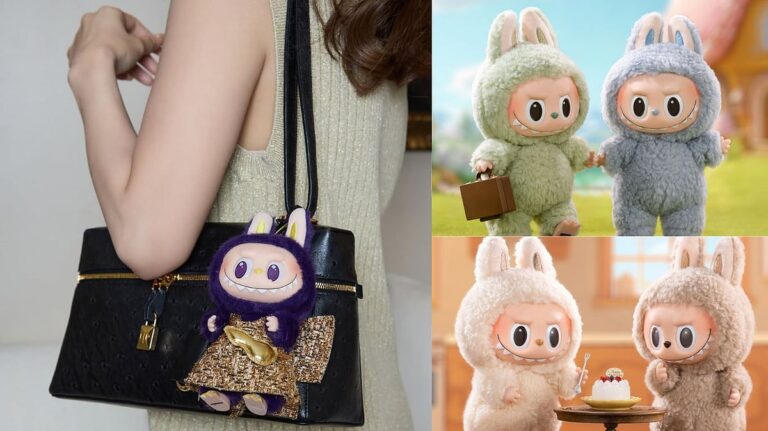His company’s success recently boosted his fortune by $1.6 billion in a single day, bringing his net worth to $16.1 billion, according to Forbes.
Wang launched Pop Mart in 2010 with a simple but addictive concept. The company sells small collectible figurines inside “blind boxes” that hide which character is inside until it’s opened.
Each box is priced around $10, and while the cost is low, the emotional investment is high. Collectors are constantly hunting for rare pieces to complete their sets, sometimes buying dozens of boxes in a single visit.
Labubu, a rabbit-like creature with a toothy grin and wide eyes, is currently the crown jewel in Pop Mart’s lineup. Designed by international artists and part of the company’s collaboration model, Labubu has become a global icon.
Sightings of the character have made headlines, especially after celebrities like Rihanna were seen with Labubu dolls dangling from luxury handbags. Lisa of Blackpink has also helped fuel the craze by sharing her collection with fans online.
Despite trade tensions between China and the United States, American shoppers are flocking to Pop Mart stores.
In some cities, fans line up overnight just to get their hands on limited-edition releases. The company’s app recently became the most downloaded free shopping app in Apple’s U.S. App Store, a sign that the trend shows no signs of slowing down.
Pop Mart’s influence stretches beyond China, with strong sales in Southeast Asia, Europe, and North America. Its collections, including hits like Molly, Dimoo, and Skullpanda, have turned toy shelves into gallery walls. Each piece tells a story, and for collectors, the thrill lies in the mystery and the moment of reveal.


